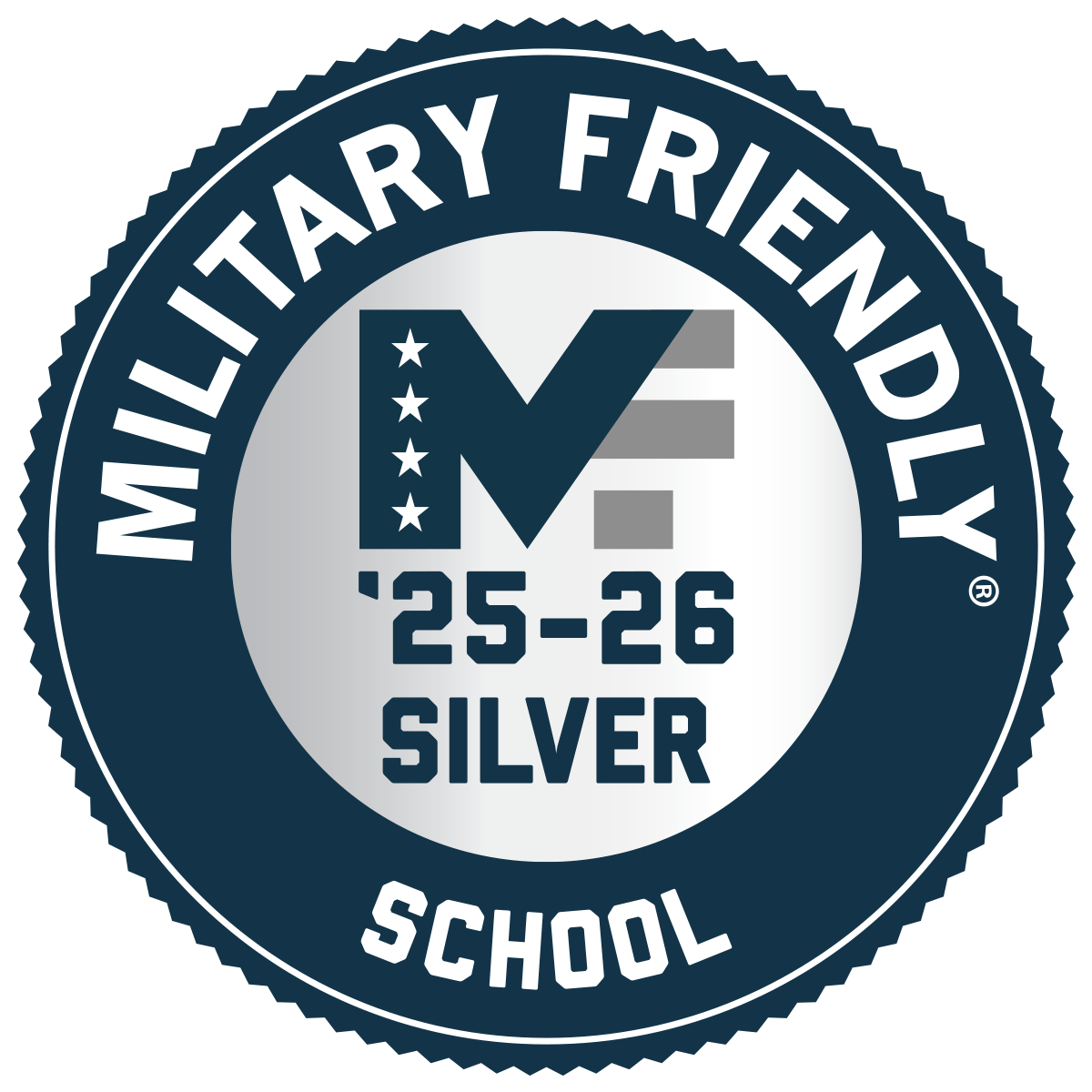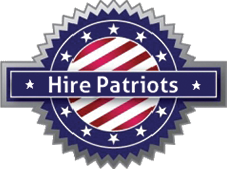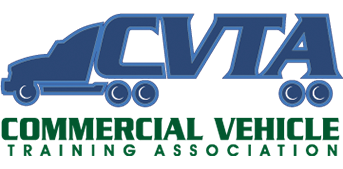When most people think about what it takes to be a successful truck driver, they picture someone with strong driving skills, steady focus, and the ability to handle long hours on the road. While those qualities are essential, another skill is just as critical but often overlooked: communication. For truckers, the ability to clearly and effectively communicate can make the difference between a smooth delivery and a costly mistake.
Good communication doesn’t only mean chatting with coworkers. It’s about sharing accurate information with dispatchers, working with clients, staying connected with other drivers, and knowing how to handle emergencies. In many ways, communication skills can be just as important as knowing how to back up a trailer or shift gears.
How Do Communication Skills Improve Safety for Truck Drivers?
Safety is one of the top priorities in trucking, and communication plays a big role in keeping both drivers and others on the road protected. If a driver notices a mechanical issue, they need to report it quickly to avoid breakdowns or accidents. When traffic conditions change, staying in touch with dispatchers helps reroute deliveries and prevent delays.
Even simple interactions—like signaling lane changes properly or using the CB radio—help prevent accidents. Clear communication builds trust between drivers and their teams, reducing the chances of errors that could put lives at risk.
Why Are Communication Skills Essential for Customer Service?
Truckers are often the face of the company they work for. When they arrive at a delivery site, they may be the only person the customer interacts with. Strong communication skills ensure that directions are followed, expectations are clear, and relationships are positive.
A driver who can explain a delivery delay calmly and professionally not only reduces tension but also helps maintain a good business relationship. That kind of trust can lead to repeat work, stronger contracts, and better opportunities for drivers and companies alike.
How Does Communication Affect Stress and Health on the Road?
Driving for long hours can sometimes be stressful and isolating. Truckers who know how to communicate well are better at handling stress because they can ask for help, clarify misunderstandings, and stay connected with friends and family.
Poor communication, on the other hand, can lead to frustration, mismanaged schedules, and conflicts with dispatchers or customers. Over time, this stress can affect a driver’s physical and mental health. By developing strong communication skills, truckers can reduce stress and create a healthier work environment, which ultimately improves career longevity.
What Role Do Communication Skills Play in Career Growth?
While driving skills can get a trucker started, communication skills often determine how far they go. Truck drivers who can build strong relationships with dispatchers, managers, and customers may earn better routes, higher pay, and more stable work.
In some cases, truckers move into leadership roles, training positions, or logistics management. Those career steps require excellent communication. Drivers who invest in both their technical and interpersonal skills position themselves for long-term success in the trucking industry.
Build Driving and Communication Skills at Yuma Truck Driving School
Strong driving abilities keep you moving forward, but great communication keeps your career on the right road. At Yuma Truck Driving School, we prepare students not just to master the wheel but also to succeed through effective communication. By learning both, you’ll build a safer, more rewarding career that lasts. Take the next step and start your CDL training today at Yuma Truck Driving School.
Contact us now at (888) 647-3239 to get started.
Frequently Asked Questions
What communication tools do truck drivers use?
Truck drivers rely on cell phones, CB radios, GPS systems, and dispatch apps to stay connected.
Can poor communication affect delivery times?
Yes, unclear or late communication often leads to delays, confusion, or mistakes with delivery schedules.
Are communication skills tested in CDL exams?
While the CDL test focuses on driving, strong communication is essential for passing training and real-world driving situations.
How do communication skills affect truck driver pay?
Drivers who communicate well may get preferred routes, higher-paying loads, and long-term contracts.
What’s the best way for truckers to improve their communication skills?
Practicing active listening, being clear and respectful, and learning industry terms all help drivers communicate more effectively.




















